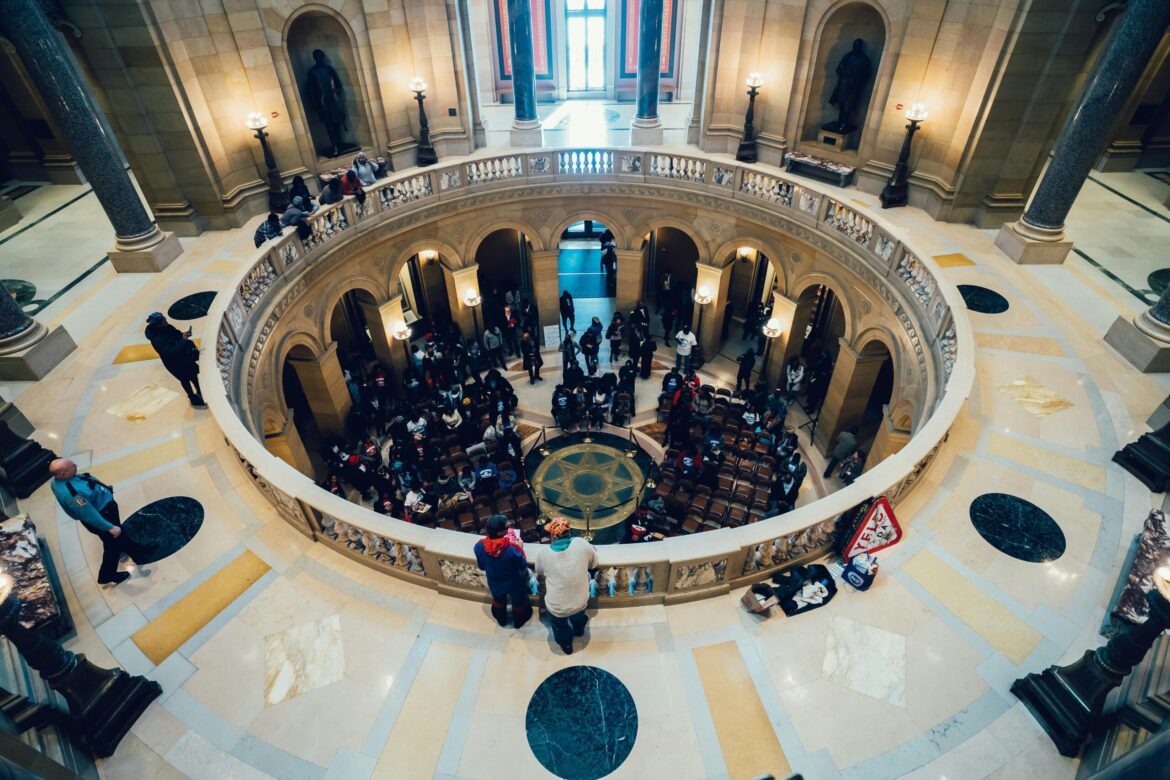Congress Averts Government Shutdown with Critical Funding Bill
On January 19, 2024, the United States Congress successfully passed a crucial funding bill that narrowly dodged a potential government shutdown. This legislation has been pivotal in extending federal funding through the end of the fiscal year, ensuring that federal agencies can continue to operate efficiently without interruption. Passing the bill just hours before the midnight deadline reflects the urgent nature of the negotiations and the importance of maintaining essential public services across the country.
Intense Negotiations Yield Bipartisan Support
The path to the passage of this funding bill was marked by intense negotiations among lawmakers. They wrestled with various key issues, including defense spending, healthcare allocations, and vital infrastructure investments. The result of these discussions is a bipartisan agreement that signifies a commitment to governmental stability and public trust. House Speaker Mike Johnson articulated this idea, stating, “This agreement demonstrates our commitment to the American people and our ability to work together for the common good.” His comments underscore the importance of collaboration within Congress, especially in times of urgency.
Concerns Over National Deficit
Despite the successful conclusion of these negotiations, several legislators have raised alarms about the escalating national deficit. There is a growing concern that without more comprehensive fiscal reforms, the country may face significant economic challenges in the years ahead. Critics of the bill argue that while immediate needs have been addressed, the long-term fiscal health of the nation remains precarious. Economists have warned that failing to develop strategic long-term plans may lead to more significant problems for both policymakers and the public.
The Role of Federal Funding in Public Services
The continuity of government services partially depends on the timely enactment of funding measures. With this funding bill, various federal agencies can adequately manage their operations, from national defense to public health initiatives. These services are critical to ensuring the welfare of citizens and maintaining public trust in government institutions. A government shutdown could have led to disruptions in these essential services, including delays in federal assistance programs and impacts on local economies.
The Importance of Sustainable Economic Health
As the fiscal year progresses, it will remain crucial for Congress to tackle underlying issues related to fiscal stability. Ensuring that the nation does not grapple with repeated last-minute funding crises will require proactive measures aimed at sustainable economic health. This might include comprehensive approaches toward managing the deficit, such as reviewing spending priorities, enhancing revenue streams, or reevaluating existing entitlements. Addressing these issues will not only help avoid future budgetary standoffs but will also contribute to a more resilient economy.
Future Implications of Current Legislation
The implications of this funding bill stretch beyond its immediate effectiveness. The bipartisan nature of this agreement serves as a beacon of hope that cooperation can lead to practical solutions, even in a fragmented political landscape. However, real progress will depend on the continued willingness of lawmakers to engage in meaningful dialogue about the country’s long-term fiscal position. Tackling the national deficit and ensuring sustainable growth will necessarily involve trade-offs and a willingness to embrace compromise, which can be challenging in today’s polarized climate.
Conclusion
The successful passage of the funding bill on January 19, 2024, highlights both the urgency and complexity of managing federal budgets. While it has temporarily alleviated the threat of a government shutdown, deeper issues regarding fiscal responsibility and economic sustainability still loom large. The next steps for Congress involve not only managing immediate funding needs but also thoughtfully addressing the structural challenges facing the nation’s economy. Only through concerted and collaborative efforts can the United States move toward a more stable and prosperous financial future.
Frequently Asked Questions (FAQs)
What was the critical funding bill passed on January 19, 2024?
The funding bill was a legislative measure passed by Congress to extend federal funding through the end of the fiscal year, thereby preventing a government shutdown and ensuring the continued operation of federal agencies and services.
What were the key issues addressed in the funding bill negotiations?
Lawmakers engaged in negotiations surrounding defense spending, healthcare allocations, and infrastructure investments, which were crucial for crafting a bipartisan agreement.
What are the major concerns raised by some legislators regarding the bill?
Some legislators voiced worries over the growing national deficit and emphasized the need for more comprehensive fiscal reforms to prevent potential economic challenges in the future.
Why is the passage of this funding bill significant for federal agencies?
The passage of the funding bill is significant as it allows federal agencies to continue their operations without interruption, ensuring the provision of essential services to citizens.
What implications might this funding bill have for the future of U.S. fiscal policy?
The funding bill may serve as a precedent for ongoing bipartisan cooperation; however, it highlights the need to address broader fiscal challenges in order to promote economic stability and avoid future budgetary crises.

